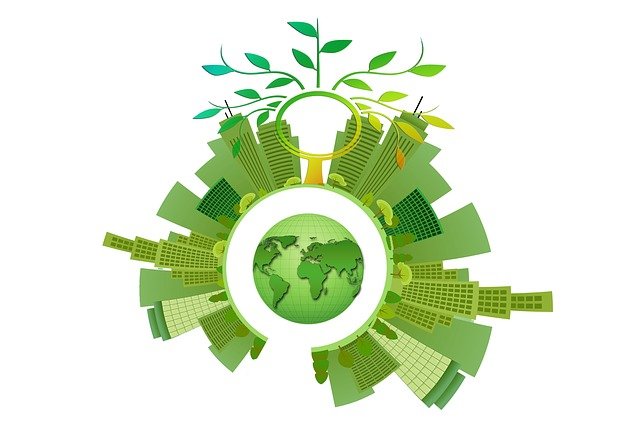
Tips for Hotels to Go Green – Part 2
This is part 2 of the article series discussing sustainable hotel practices and ideas. Find part 1 here – Green eco-friendly tips for Hotels
Let us continue below on some ideas for becoming a green and more eco-friendly, sustainable hotel:
Reduce Food Waste:
This is another issue that is only now receiving the attention it deserves. According to the UN, one-third of food produced for human consumption is wasted, resulting in a CO2-equivalent greenhouse gas footprint of 3.3 billion tonnes. Because of the difficulties in delivering uniform meals and sizes and forecasting consumption, retail and catering are key contributions.
Ideas You may use to reduce food waste and emissions by doing the following:
- Using clean-tech food management solutions to track and quantify food consumption and make better use of leftovers. There are a rising number of efforts encouraging leftover utilization these days, so don’t be afraid to tell your customers that you’re making the most of your meals.
- Reduce food miles and pesticides by focusing on locally produced, seasonal, organic foods. The food will be healthier and fresher, and customers will like it. You may even create your kitchen garden if you have the room.
- Reduce your consumption of meat, particularly beef, which is a major source of CO2 and methane emissions and requires a lot of land and water to produce.
- Most families and groups nowadays include at least one vegetarian or vegan, so catering to everyone will keep them coming back. Make sure any meat you offer is free-range, organic, and local, and that it meets high animal welfare standards. Of course, depending on your supply chain, these procedures may not be cost-effective, but they are essential for long-term sustainability and will not affect your reputation.
- Separate and properly dispose of food waste. Composting is a natural process, but it only occurs under certain conditions. Food is worse than other forms of trash because it rots and creates leachate and methane, which are worse than CO2 in the short run. Find a local composting program or invest in a worm bin to break down food quickly while keeping pests and odors at bay. On save even more money, apply the fertilizer to your lawn. Guests will be curious, so don’t keep the worms hidden.
- Donate any leftovers or unsold food to food banks, soup kitchens, or animal feed. Food should be consumed first by people, then by animals, and last decomposed for fertilizer.
- Replace buffet trays and single-serving packages with individual servings and jars.
Conserve Water:
Water shortage is one of the most worrying environmental challenges, particularly in nations where residents lack access to safe drinking water while visitors enjoy sparkling pools, beautiful lawns, and clean laundry.
Ideas for Hotels to save water:
- Utilize rainwater or greywater collecting systems to repurpose wastewater for non-potable purposes such as toilet flushing, etc. This is especially essential in nations where wastewater treatment is inadequate and discharges into drinking water sources are a problem. Greywater heat recovery systems may also catch and reuse the energy lost when hot water is poured down the drain.
- Purchase water-saving appliances and install faucet aerators. Install low-flow showerheads and push-button faucets, and replace toilets with dual or low-flush models.
Transition To Sustainable Mobility:
Although tourists arriving and departing contribute significantly to travel-related carbon emissions, hotels may nevertheless do their part on the ground:
Ideas for hotels to transition to sustainable mobility:
- Change your service fleet to hybrid or electric vehicles (EVs), and provide tourists with bikes, e-bikes, and e-scooters. While the initial price of an EV is still greater than that of a gas-powered vehicle, you may save $6,000 to $10,000 on petrol and maintenance over the life of the vehicle. Install on-site charging, as our client the Wyman Hotel did, to save even more money. These should be less expensive than public charging stations and will be popular with any EV-driving visitors.
- Use group shuttles to prevent low-occupancy trips and shift from fixed-route-and-schedule services to flexible on-demand services, such as to local attractions or between sites for staff. Passengers request a trip using an app, and algorithms match them with others traveling on the same route. Optimizing occupancy and ensuring cars only circulate when necessary saves fuel and money.
